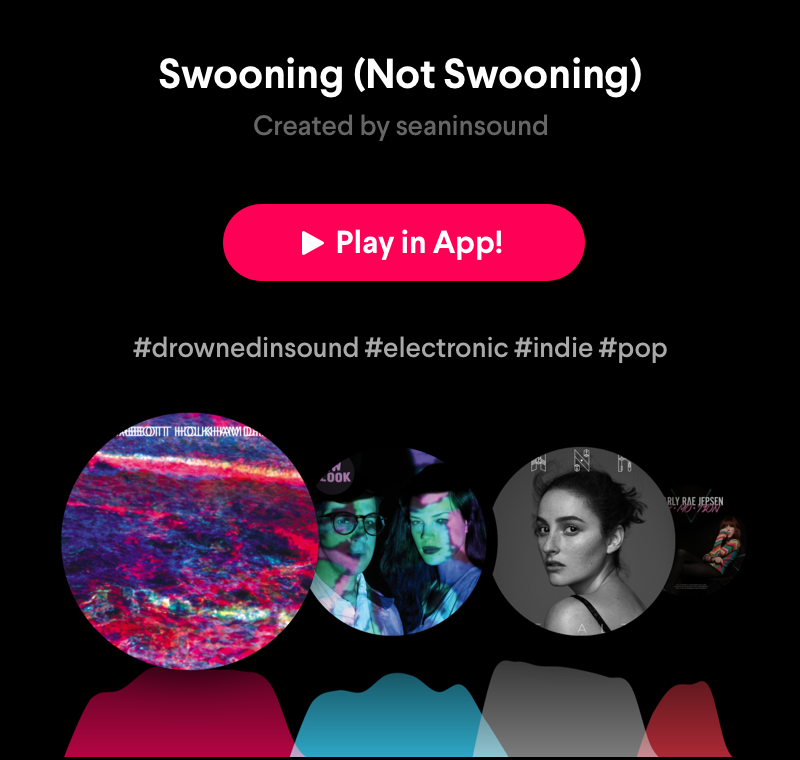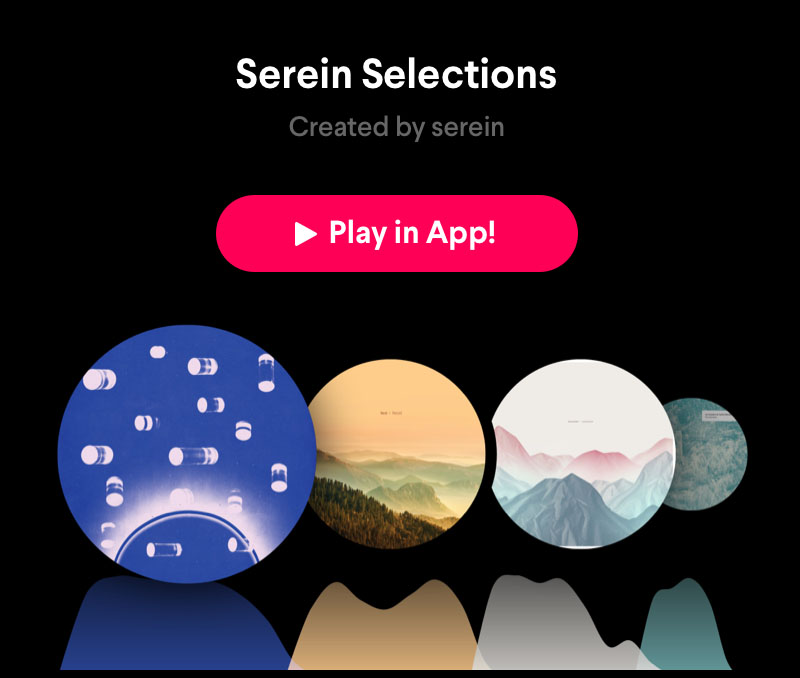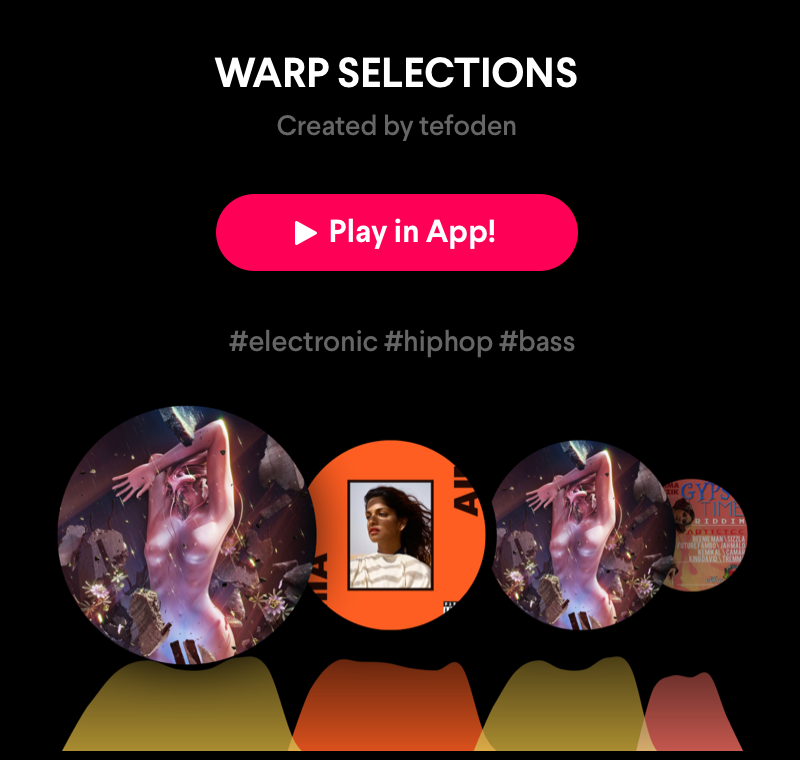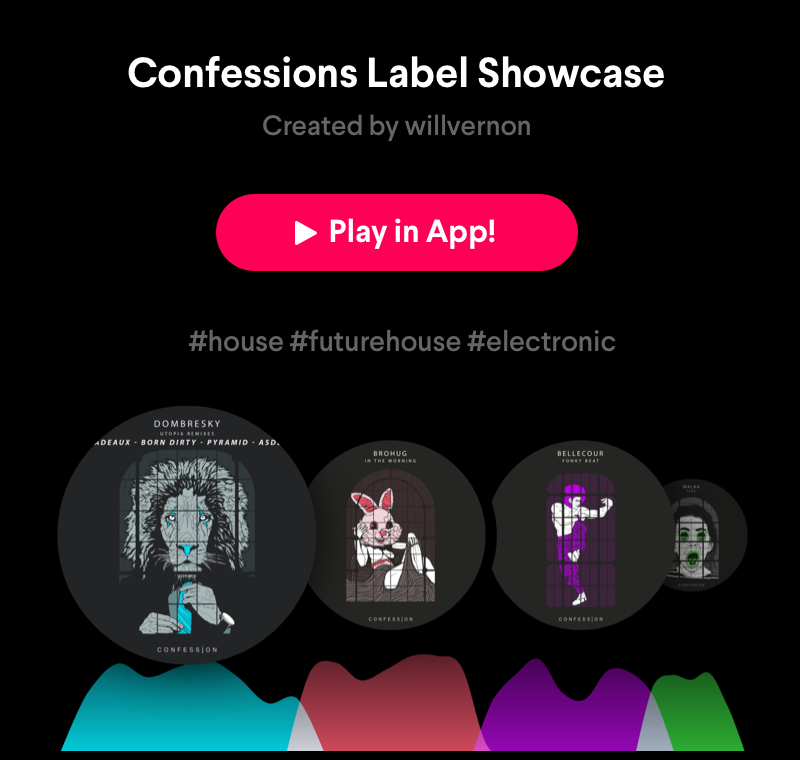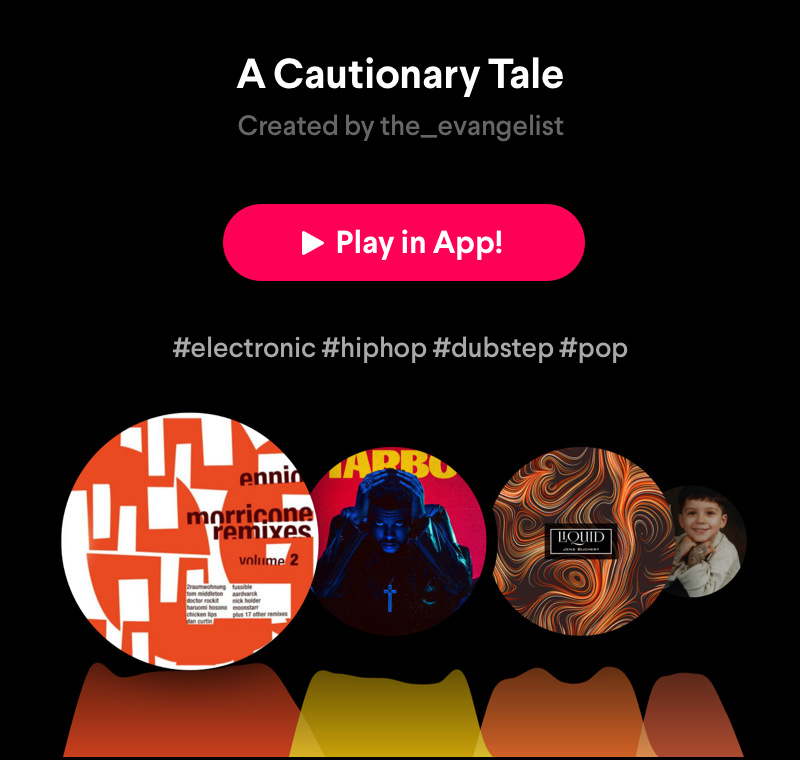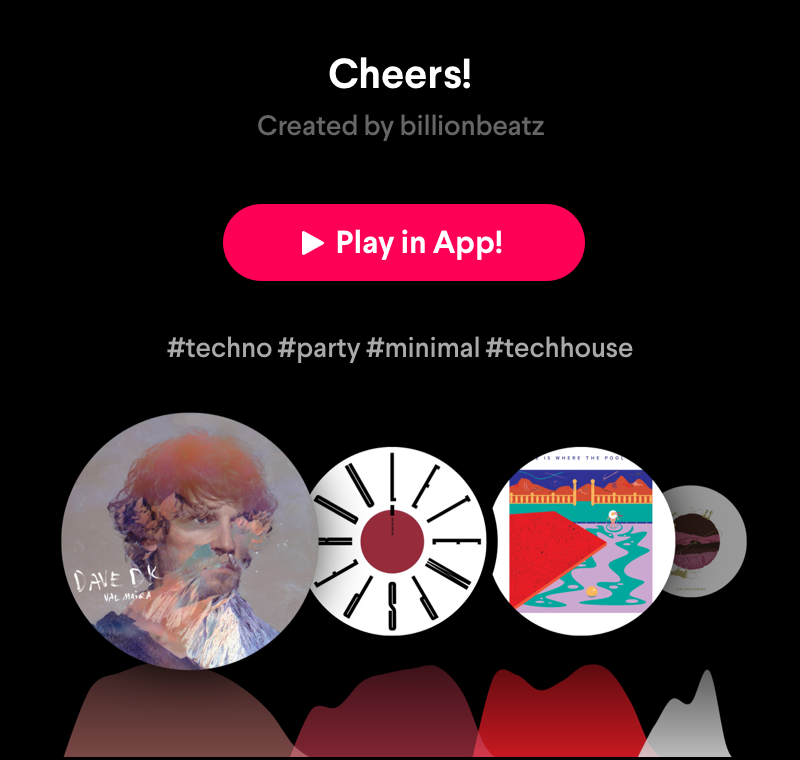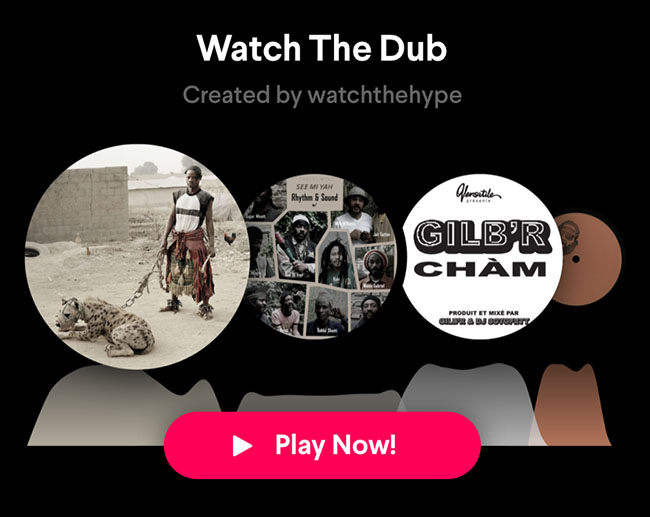We had a chat with Sean Adams, the founder of Drowned in Sound, UK-based music website. Focusing on a variety of quality sounds from electronic music to pop and rock, they have published interviews with everyone from Björk to Paul McCartney. Sean shared a special mixtape on Pacemaker and now gives you some insight on how the life of a full-time music influencer looks like.
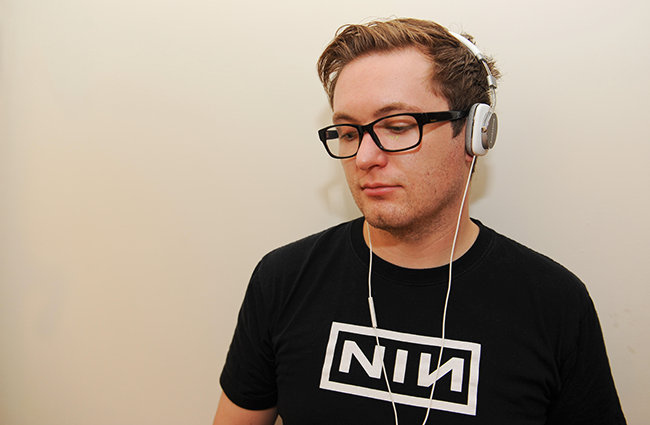
When and how did you get interested in music? Was there a certain moment when you heard something that made you wanna dig further and deeper into music?
There have been lots of steps into the abyss. As a kid I was lucky that my mum had great taste and car journeys would apparently involve me asking to listen to side two of Low or The Cure. My dad also had a lot of records and I remember one Saturday afternoon when I was about 10 listening to Otis Redding ‘(Sittin’ on) The Dock of the Bay’ over and over, trying to work out why it was so powerful and what it was trying to say. It was a whole other world and ever since I’ve found myself riding on the updrafts of Kate Bush or being blown sideways by Nine Inch Nails or finding myself sitting in an imagined bar with Arab Strap’s stories coming to life.
Tell us a bit about the birth of your platform Drowned in Sound – it started almost 20 years ago as a fanzine and throughout those years it became a vital part of the (indie) music community.
My first email fanzine/newsletter started when I was 15 so that is almost 20 years ago… I started it because I found the web a bit empty for people passionately talking about music and a bit overwhelming trying to talk about music in general on forums and newsgroups dedicated to Radiohead or Smashing Pumpkins or whoever. I’ve never been a one band guy.
Drowned in Sound was an evolution of that newsletter which was becoming lengthy as other people began to contribute. Hearing Muse’s first demo and seeing their rise and rise and rise – despite the music press being dismissive and a bit snobby about them – was definitely a big catalyst and wind in my sail to spot and champion artists who might one day headline a stadium.
Nowadays there are hundreds of music blogs / webzines out there, coming and going. You have tons of experience in this field and you’ve been having difficulties yourself with DiS to keep it going. What do you think it takes these days to create a blooming community, to grab attention, to create content that is well-received and keeps readers/listeners come back regularly?
I think not chasing hits has been fairly key. We try to make a site that we would want to read. I’ve shied away from deluging and overwhelming our audience. Our recommendations are infrequent. Our tone playful but thoughtful. Then there’s the forums which are allowed to have the freedom for users to be whoever they want to be and we only very rarely need to reign people in.
Curating music takes a lot of time and energy – where do you discover music these days? What are your trusted sources?
I think my trigonometry of recommendations is kinda the same as it ever was. The three prongs are:
Seeing what other writers and blogs are passionate about – you can always feel the enthusiasm when someone is eloquent and inspired
Record labels – there are a lot of labels I trust and always new labels in different scenes who seem to have all the best flagship artists of a sound. I’ll always check out a new release of it’s on 4AD or Erased Tapes or Hyperdub or Anti- or Sacred Bones or so many other great independent labels. I probably trust record labels more than anything else as I know how much investment, time and risk is required to help out something new into the world, which is so much more of an undertaking than just writing a complimentary blog of a stream.
Luck is still key. You can’t account for having your ears open and finding yourself curiously checking out an act in your feed or being intrigued to see someone at a festival, then finding something really special.
How do you listen to music most of the time? Do you buy lots of physical records or do you prefer the digital streaming nowadays?
Mostly on Spotify. I’ve never really been that interested in having a record collection. I’m far more likely to buy a tshirt of a band I like than a record that will probably stay sealed for months. I find the inflow of music totally overwhelming and I’m constantly listening to music through Sonos speakers or my beloved Bowers + Wilkins headphones. I also listen to the radio a lot as a lot of DJs and their producers are lucky enough to be able to spend the majority of their time rummaging for gems, and have the ability to present and make sense of things which are unfamiliar in the context of things I already know and like.
You have at least 3 jobs and they are all music-related in one way or another. How do you manage to keep it all going, how would you say a regular working day looks like for you?
There’s no such thing as a regular day. My “portfolio career” doesn’t allow much time for sleep. I’m often working from 7am until 7pm and then meeting people for drinks or going to gigs or just collapsing on the sofa.
How did you discover Pacemaker? You’ve been using the app for quite some time now. What do you like the most about it and what would you like to improve?
I first saw and loved the idea of the device that preceded the app. I often get asked to play music before and after bands at gigs and festivals, which can often be last minute and not massively well paid. I loved the idea of having my entire record collection and more at my finger tips and not need to lug stuff around. The app is far better than having 4 CDRs wrapped in dog-eared pieces of paper and I like that I can easily switch tracks in without worrying too much how the song’s intro and outro might neatly fit together without always relying on songs I know intimately. It’s really great for my radio show (once a month on Soho Radio and archived on Mixcloud) as it means I can concentrate more on what I’m saying than how the songs are mixing – found my vocabulary massively dropped when worrying about crossfading tunes. Definitely helps that tracks can be best matched and that I can trawl all of Spotify for songs to include rather than rummaging for CDs or importing tracks and burning CDRs (like, I don’t even have a laptop with a CD drive any longer….)
Please tell us a bit about your selection for ‘Swooning (Not Swooning)’, the mixtape you made for us.
It’s intended to be a bit of a bedroom party. None of the tunes are going to be big floor fillers but they will hopefully light up and expand a little corner in people’s mind’s eye. Lyrically bits of the tracks loosely riff on similar ideas but I’ll leave the listener to find the tenuous discourse and narrative woven between the choices.



